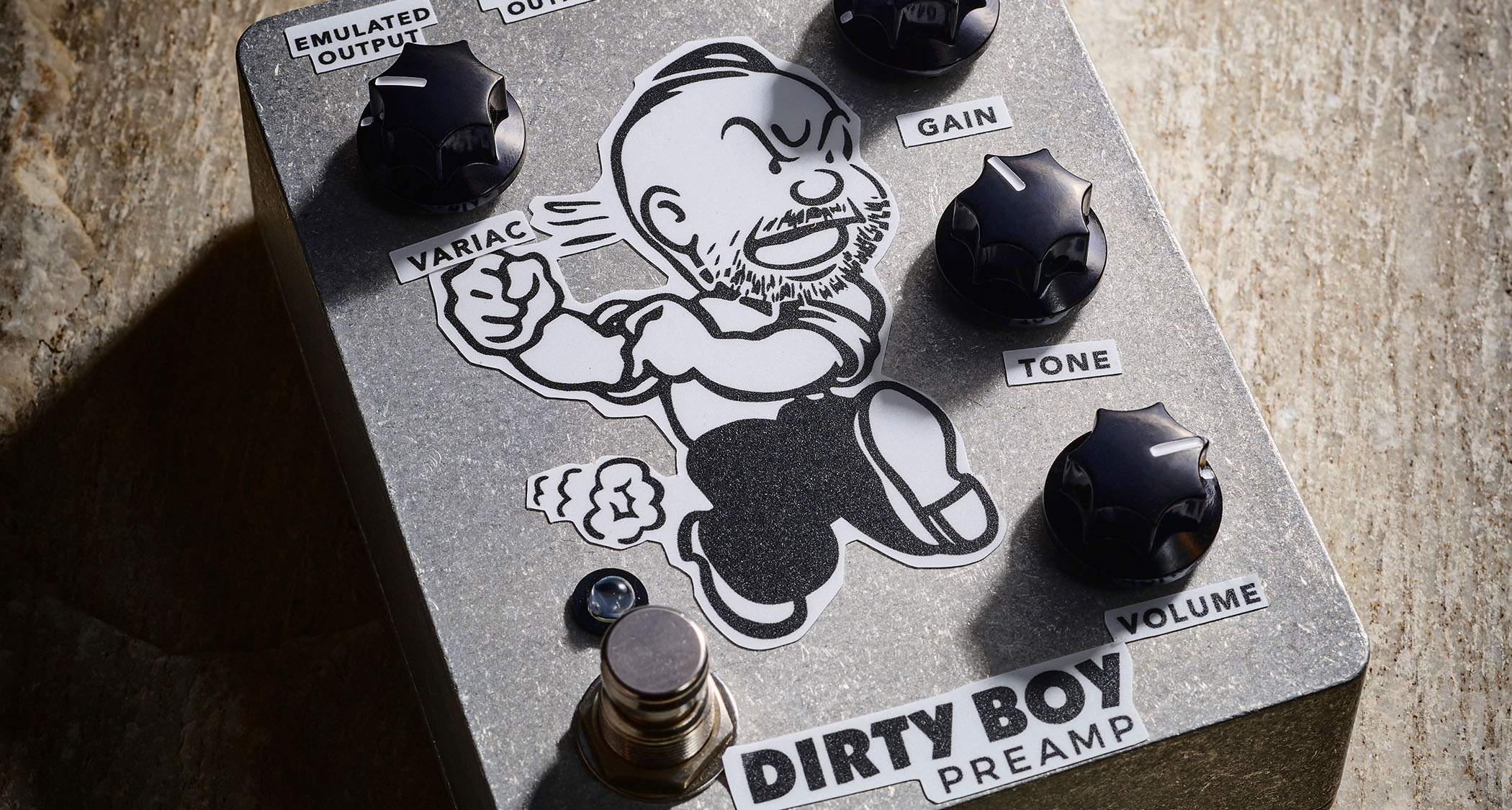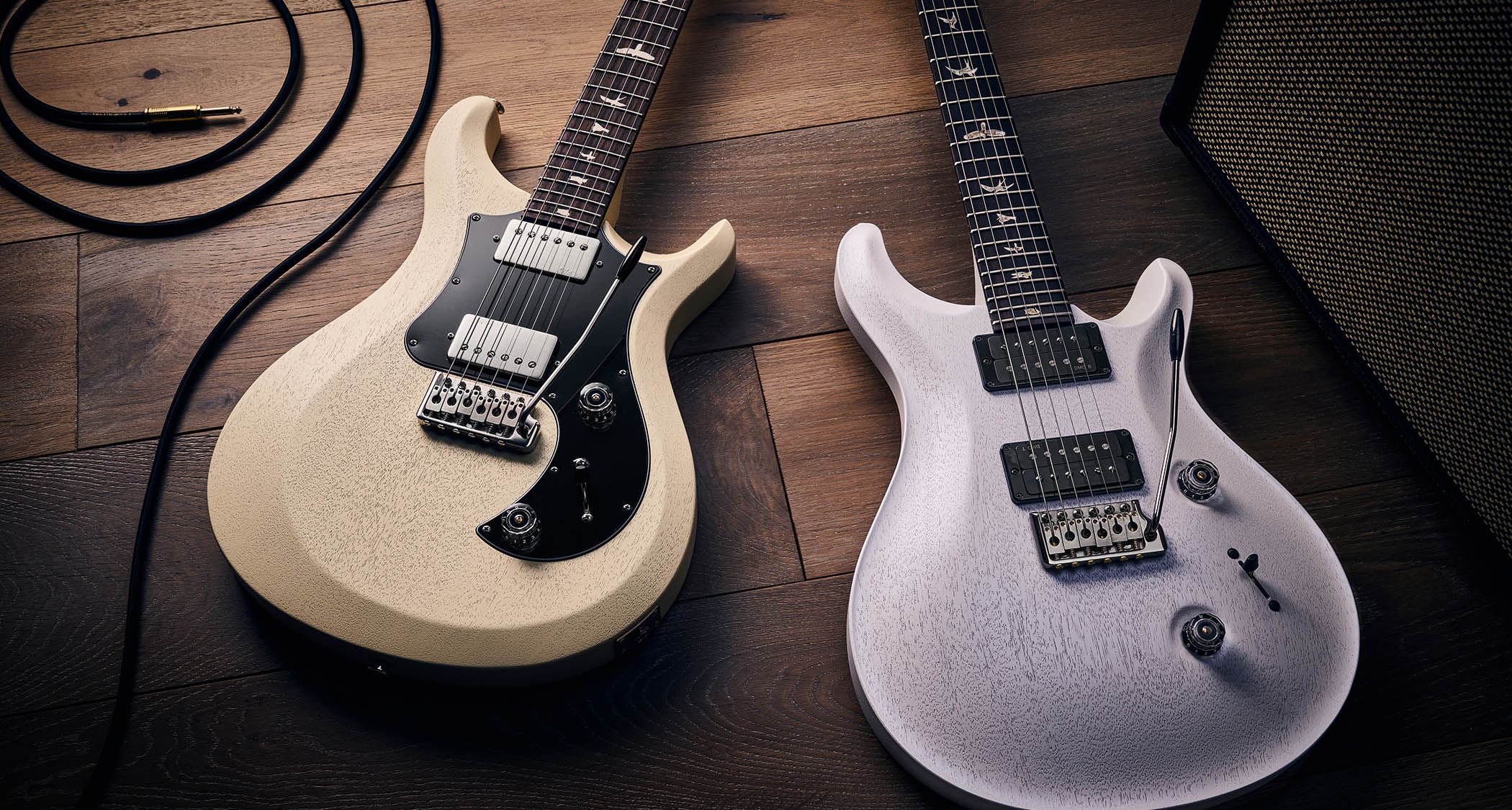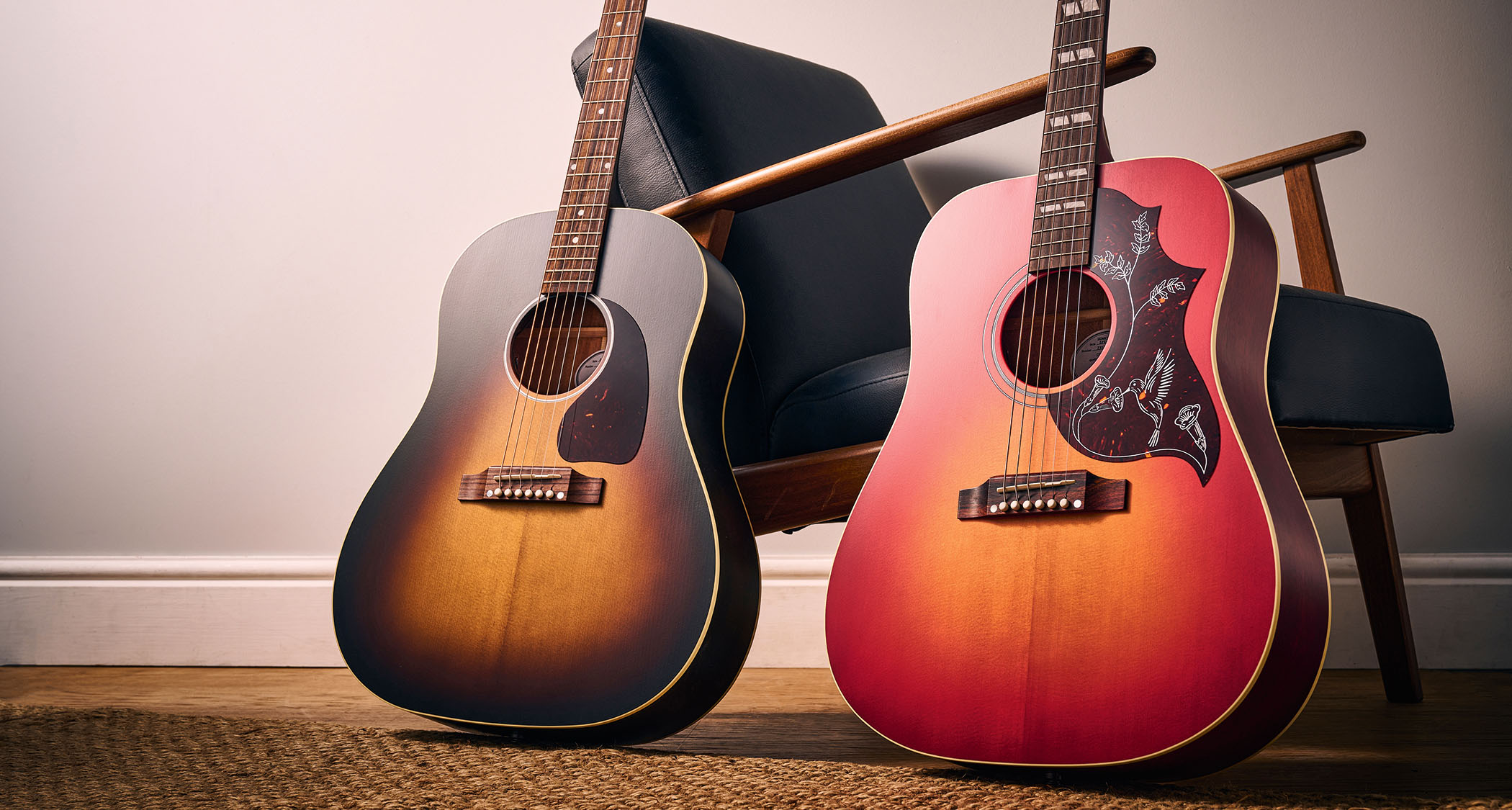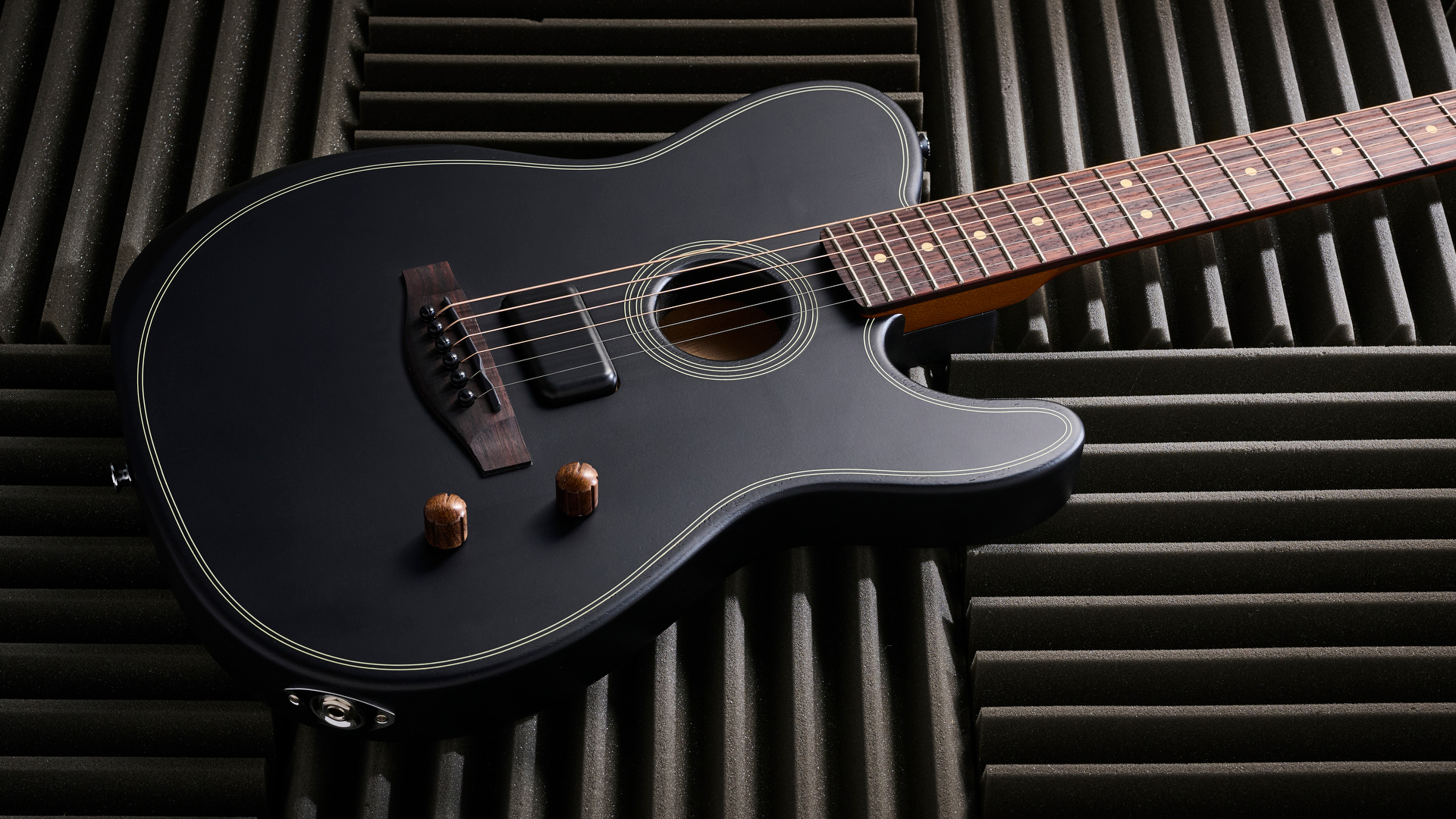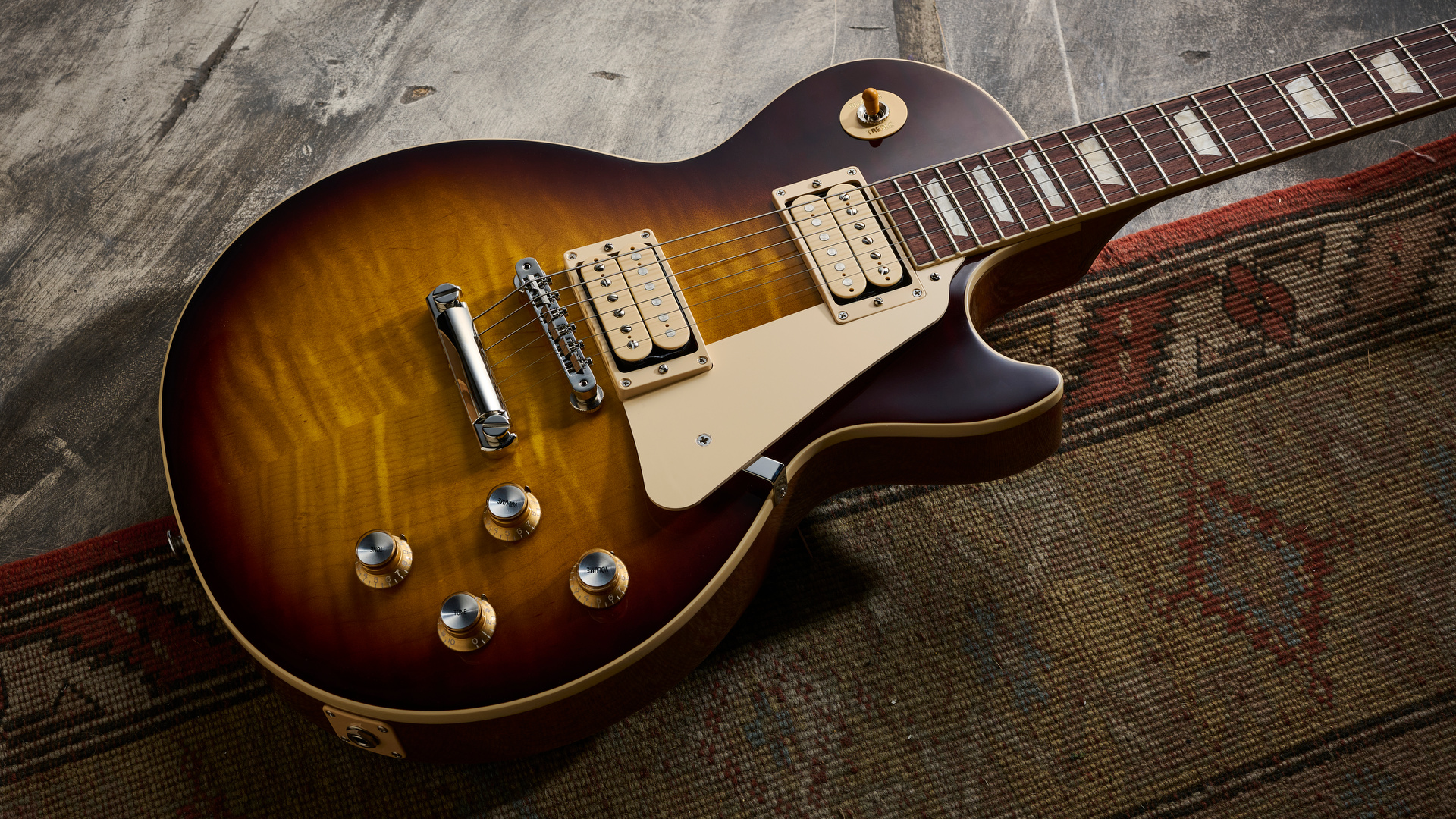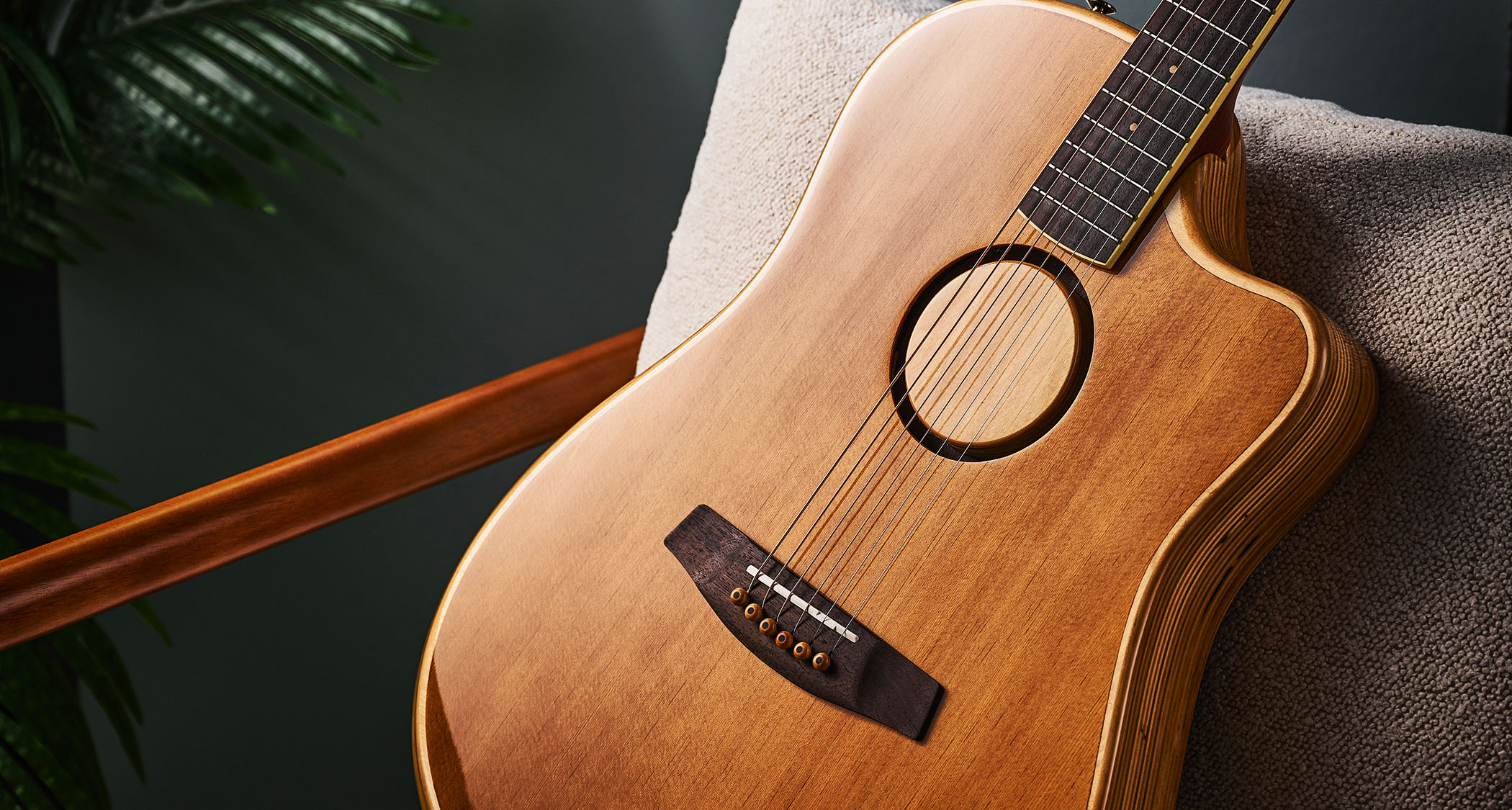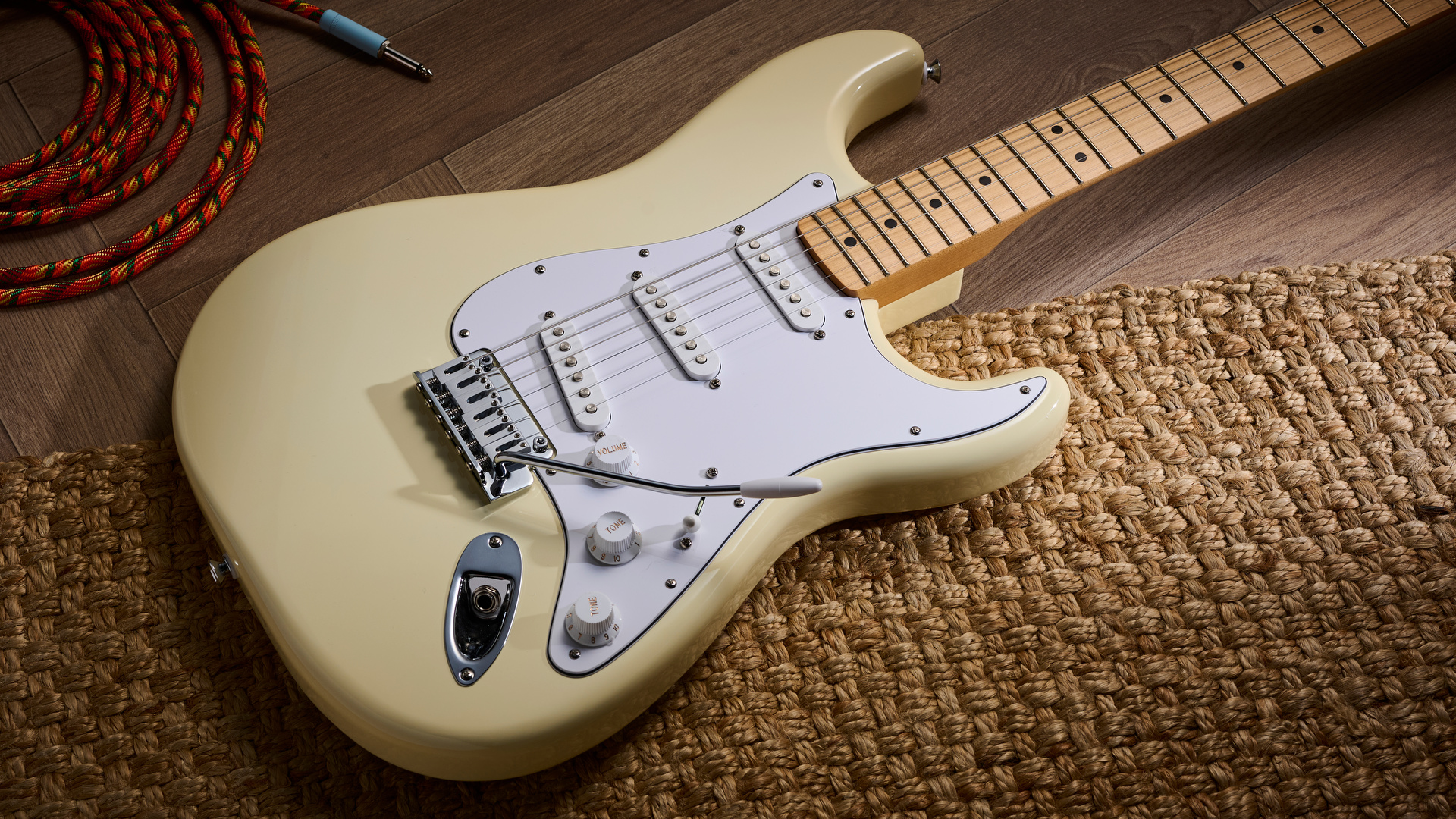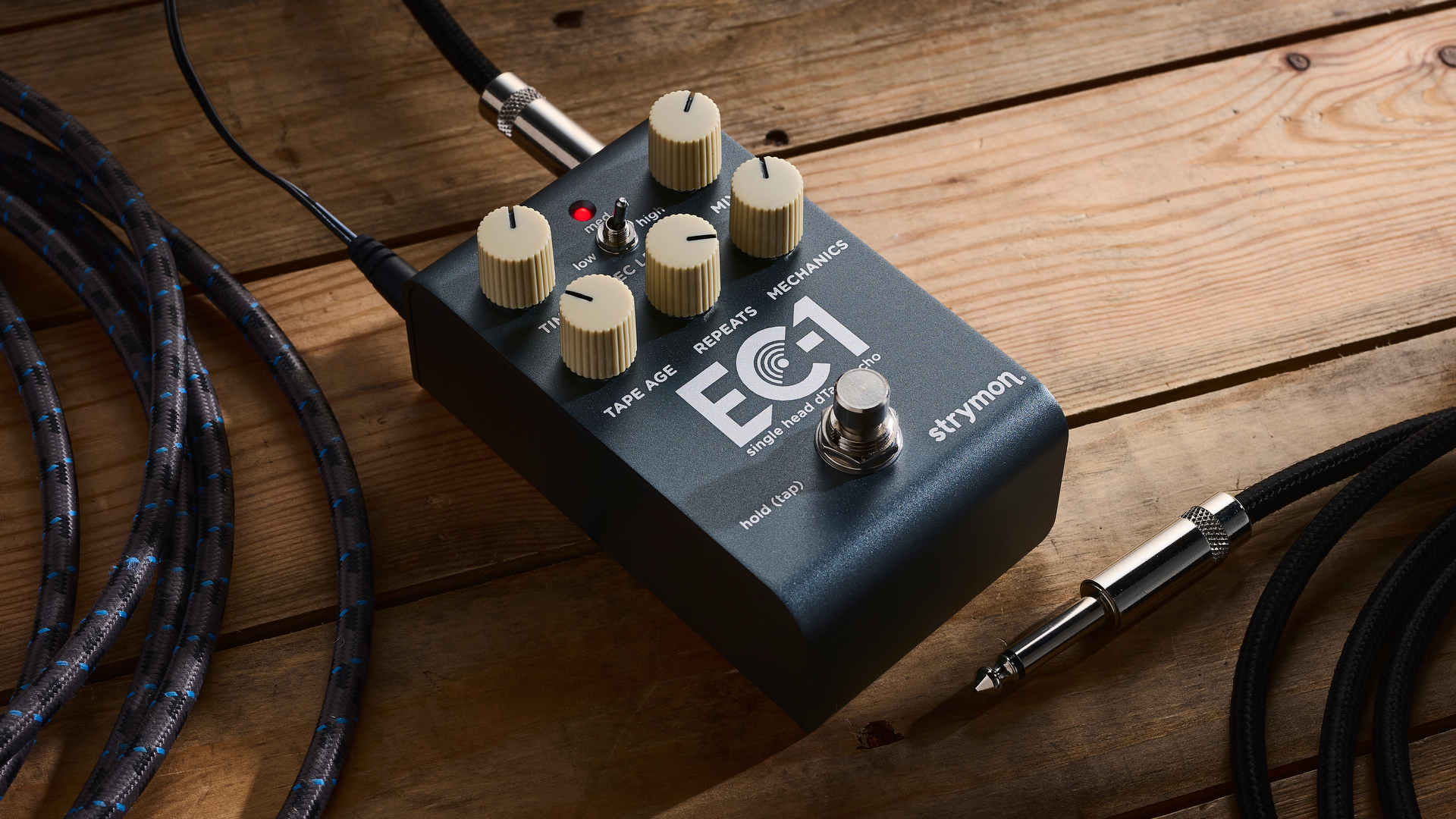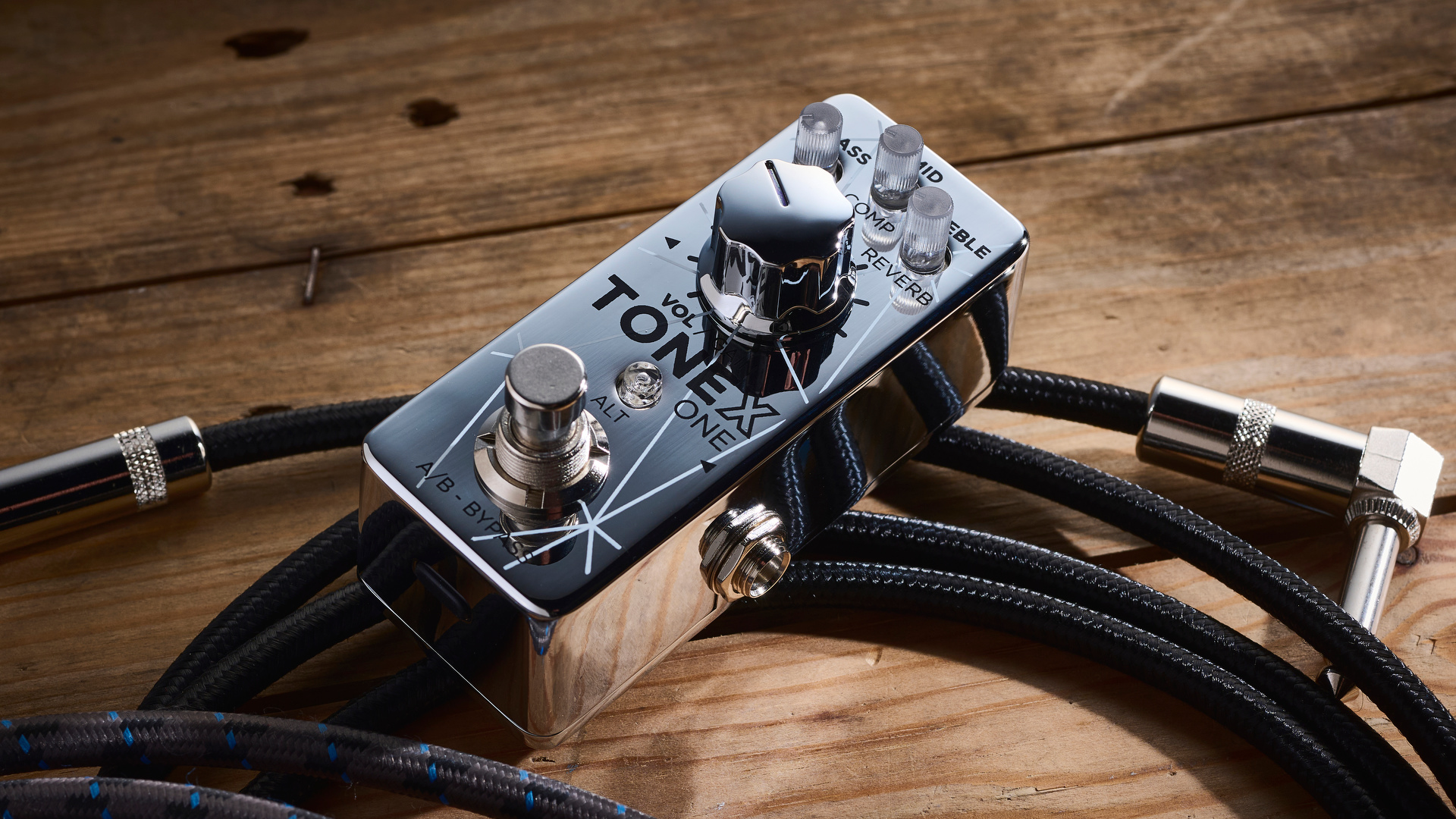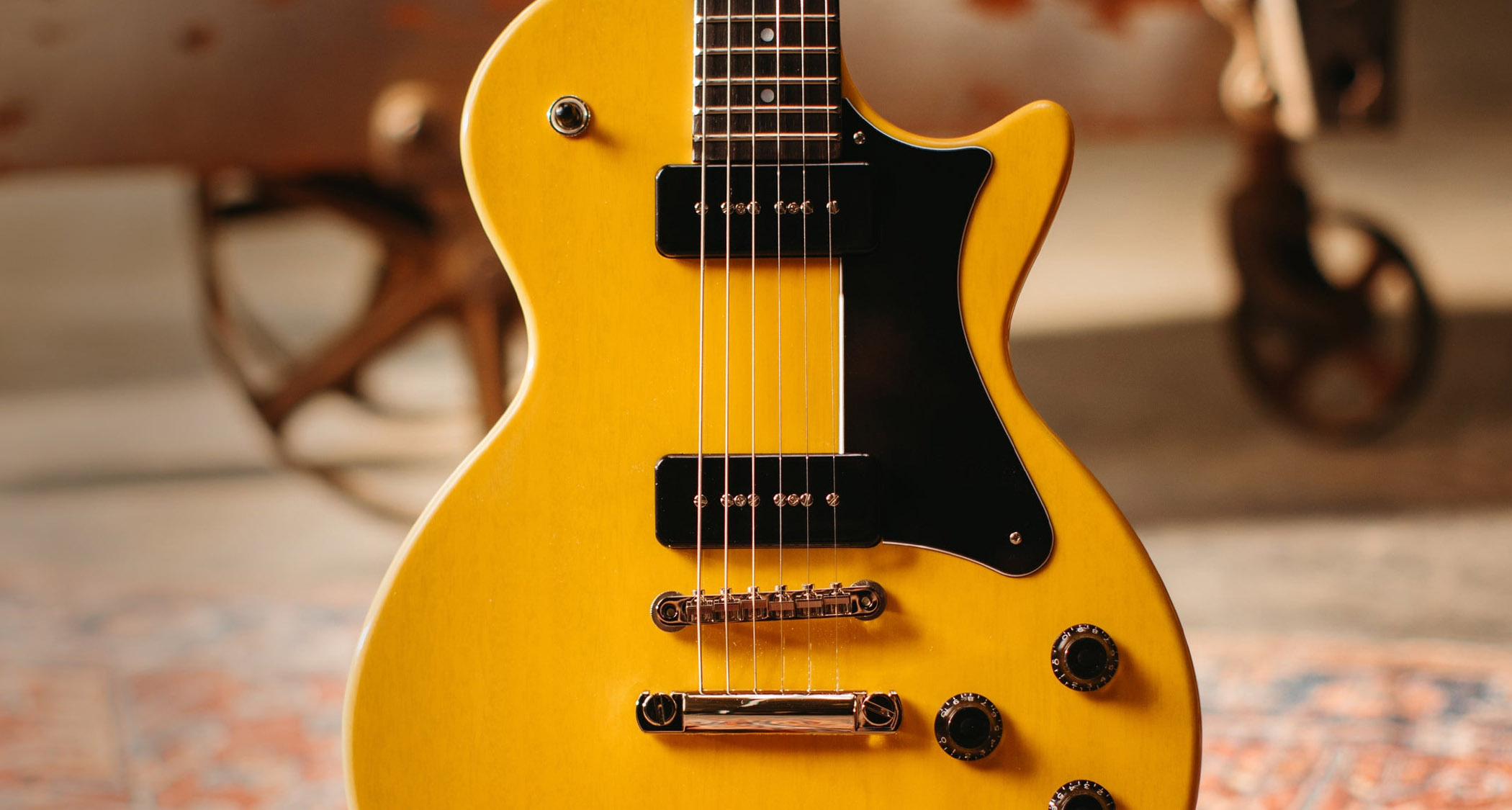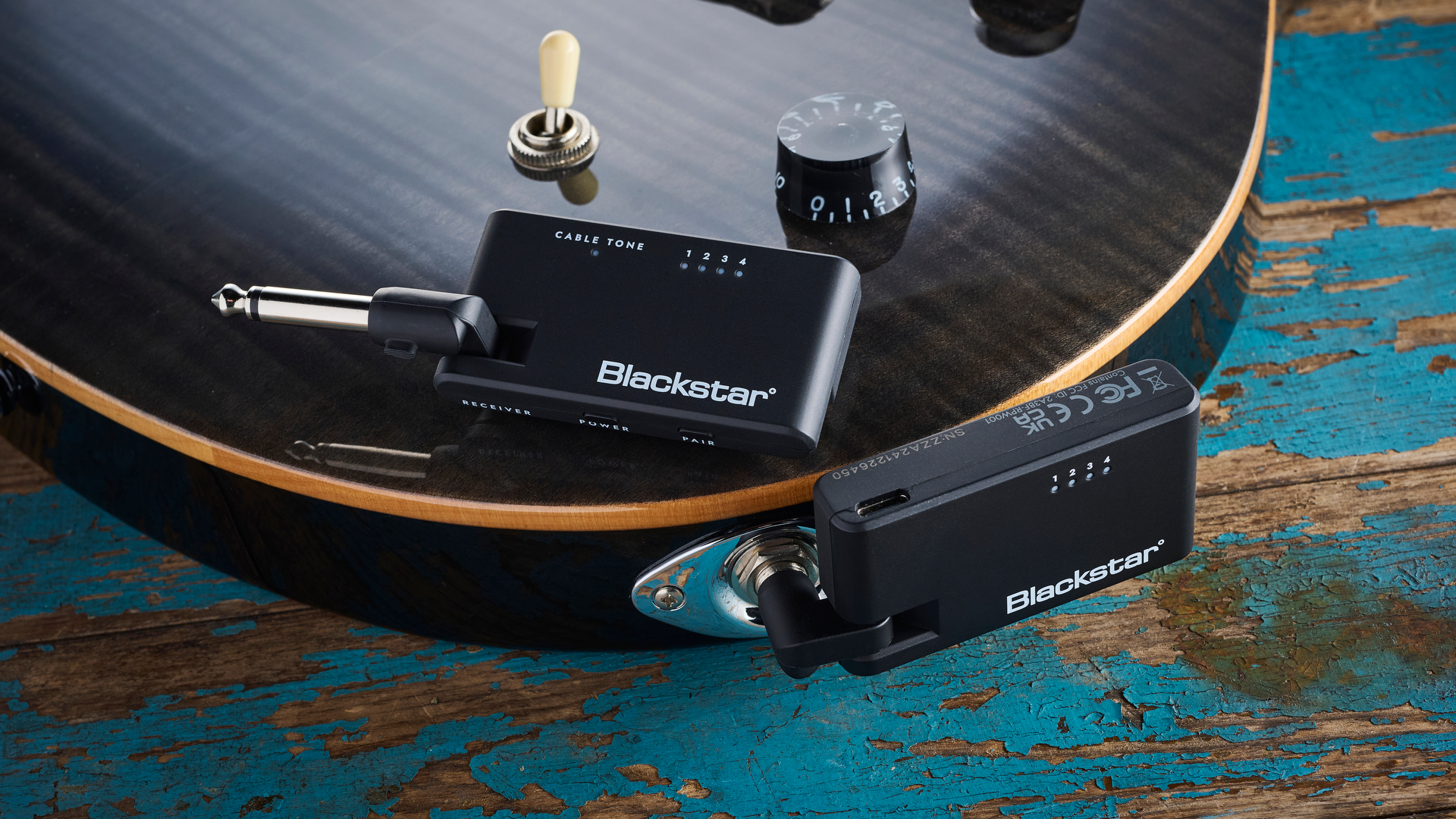Guitar World Verdict
The Dirty Boy preamp delivers an impressive driven valve-amp sound without valves. It can transform your amp by being a different voice driving its power section, but it’s equally adept as a boost and drive into the front-end. It’s also an easily portable backup for an amp, or the key component of a fly-rig compact pedalboard.
Pros
- +
Compact size.
- +
Excellent sound quality.
- +
Speaker emulated output.
- +
Useful variations via the Variac knob.
Cons
- -
DIY stickers for the knobs may peel off in time.
You can trust Guitar World
The Dirty Boy name has been around for quite a while, but this new preamp pedal represents a new chapter for the boutique gear company whose founder, Alex Saraceno (father of the Kingdom Come and ex-Poison guitarist Blues Saraceno), has now retired.
The brand has been acquired by musician and product designer Danny Gomez, who is known for his proprietary TAE (Tube Amp Emulation) technology. The Dirty Boy Preamp is the first product under the new regime and is based on an a amplifier designed by Alex Saraceno. What you get is a fully analogue amp modeller in pedal form that can be used in a number of ways.
The pedal features two outputs. One delivers the raw sound of the preamp for use with a power amp and speaker setup, maybe plugged into the effects return of a conventional guitar amp.
Alternatively, it can be used as a conventional boost/drive stompbox in front of an amp. The other output has nicely authentic speaker emulation based on a 4x12 Celestion Greenback cabinet so can be used straight into a mixing desk or PA for live use, or to send a signal to a DAW for recording.
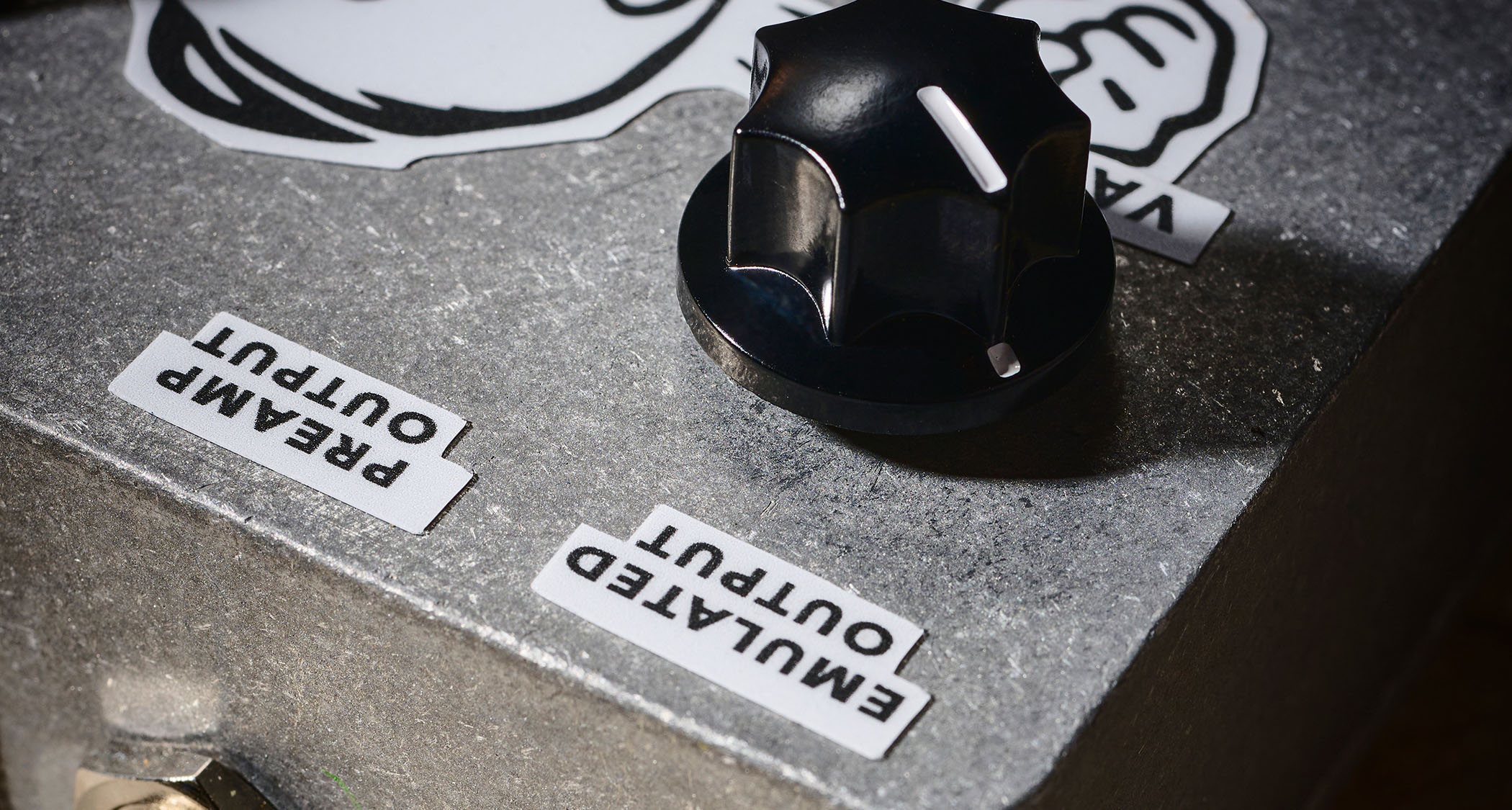
The Gain, Tone and Volume array allows the dialling in of some powerful amp tones from cleanish through to full-on raunch, which work great however you use the pedal – all nicely responsive to playing dynamics with smooth volume knob clean-up.
Extra variation is provided by a Variac knob, as found on the original amp, which allows voltage levels to be adjusted, effectively starving the amp of power.
Roll it back too far and you’ll get sputtery gated sounds, but before that there’s the opportunity for some cool variations on the core sound; our particular sweet spot had an edgier crunch and a leaner midrange.
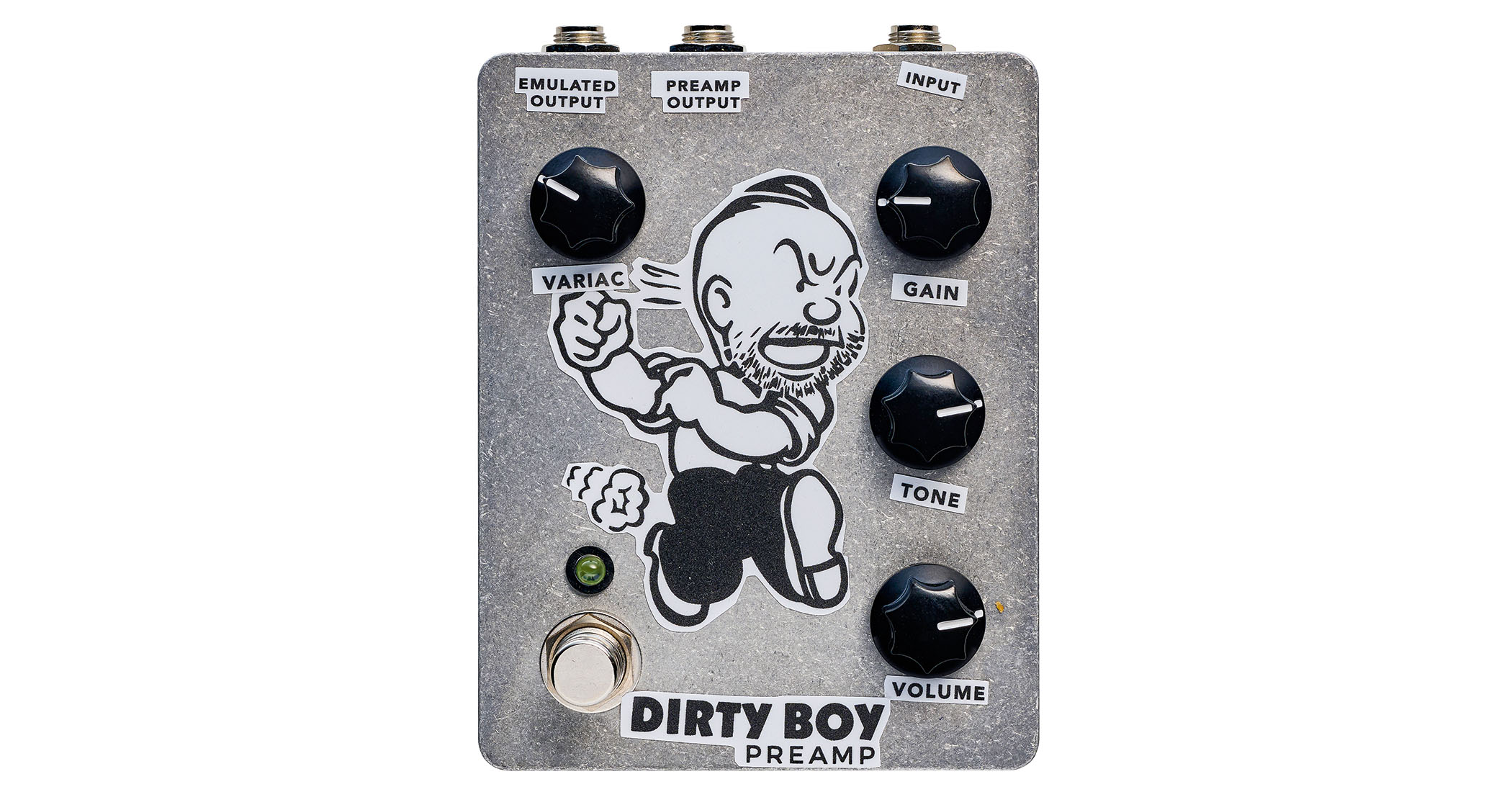
Verdict
A multi-use asset that is its own thing but is still firmly in the ballpark of familiar rock tones, the Dirty Boy preamp delivers an impressive driven valve-amp sound without valves.
It can transform your amp by being a different voice driving its power section, but it’s equally adept as a boost and drive into the front-end.
It’s also an easily portable backup for an amp, or the key component of a fly-rig compact pedalboard.
Specs
- PRICE: $331/£256
- ORIGIN: Spain
- TYPE: Preamp pedal
- FEATURES: True bypass, Variac simulator, Speaker emulated output (closed-back w/ 4x12 ‘Greenback’)
- CONTROLS: Variac, Gain, Tone, Volume, Bypass footswitch
- CONNECTIONS: Standard input, standard preamp output, standard emulated output
- POWER: 9V DC adaptor (not supplied)
- DIMENSIONS: 90 (w) x 120 (d) x 50mm (h)
- CONTACT: Dirty Boy
Trevor Curwen has played guitar for several decades – he's also mimed it on the UK's Top of the Pops. Much of his working life, though, has been spent behind the mixing desk, during which time he has built up a solid collection of the guitars, amps and pedals needed to cover just about any studio session. He writes pedal reviews for Guitarist and has contributed to Total Guitar, MusicRadar and Future Music among others.
“I liked that they were the underdogs. It was not the mainstream guitar. It was something that was hard to find”: Vox guitars deserve a second look – just ask L.A. Witch’s Sade Sanchez, who’s teaming hers with ugly pedals for nouveau garage rock thrills
“I suppose I felt that I deserved it for the amount of seriousness that I’d put into it. My head was huge!” “Clapton is God” graffiti made him a guitar legend when he was barely 20 – he says he was far from uncomfortable with the adulation at the time
“I was in a frenzy about it being trapped and burnt up. I knew I'd never be able to replace it”: After being pulled from the wreckage of a car crash, John Sykes ran back to his burning vehicle to save his beloved '76 Les Paul
